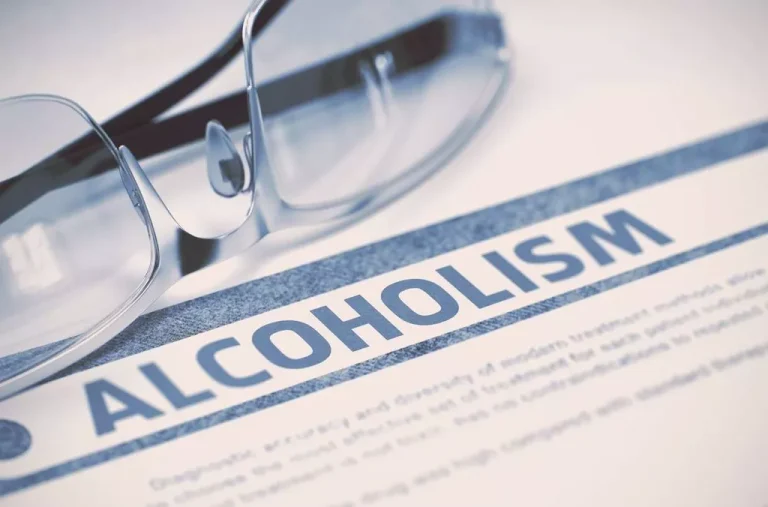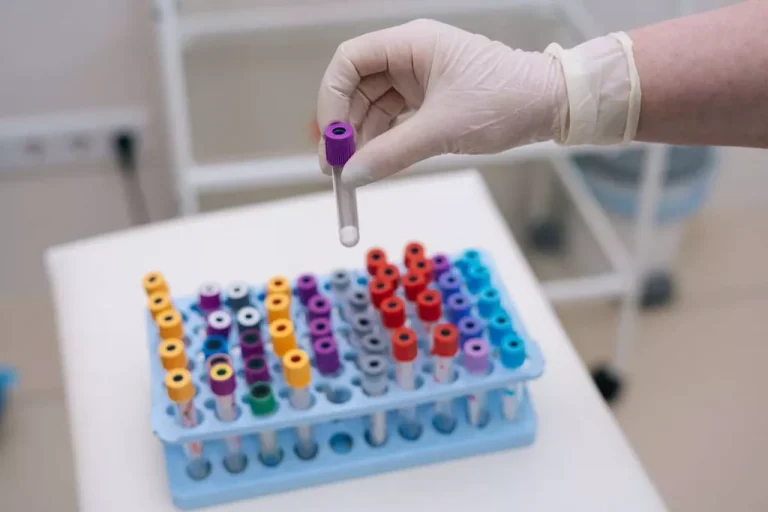Alcoholic ketoacidosis: what you should know about diagnosis and treatment

When alcohol enters the human body, it acts like a poison; such substances enter the bloodstream and affect every cell in the body, which lead to serious health consequences. Regular abuse of strong drinks disrupts the activity of the circulatory, nervous, and muscular systems and other vital organs. Alcoholic ketoacidosis (AKA) is a disease that occurs due to frequent drinking. Let’s discuss this dangerous condition, how to treat and prevent it.
The explanation of AKA
Alcoholic ketoacidosis (also called alcoholic ketosis and alcoholic acidosis) occurs in people who often drink and suffer from associated liver disease if they abruptly stop tippling. Such a condition is typical for people in a state of dehydration if they refuse to eat for several days. It is fraught with a sharp decrease in blood glucose levels. The body begins to produce acidic compounds (ketones), including acetone, acetoacetate, and beta-hydroxybutyrate, due to a lack of food to maintain energy.
Having high levels of ketones is problematic because it creates an overly acidic environment in the body. During alcoholic ketoacidosis, people may suffer from high acidity due to the buildup of lactic acid associated with dehydration after heavy drinking. Another reason for feeling unwell is the accumulation of other metabolic products caused by alcohol consumption, e.g., acetate.
Increased acidity levels in the body lead to unpleasant and potentially life-threatening conditions. Therefore, it is essential to go through alcohol treatment in West Roxbury early before irreversible processes begin.

Take back control of your life and start on the road to recovery now.
Why does AKA occur?
A human organism burns fat to generate energy, and ketones are a by-product. The liver creates them with free fatty acids and releases ketones into fat cells. It is what happens during the normal functioning of all systems. If the body does not produce insulin or creates little, these ketones accumulate in the bloodstream and cause ketoacidosis.
How is this process related to strong drinks? Due to the use of ethanol, the pancreas stops the production of insulin.
Alcohol abuse
If you often drink in large quantities, the pancreas stops insulin selection, and ketones accumulate and cause alcoholic ketoacidosis.
Constant intake of alcohol reduces glycogen stores in the kidneys and reduces the rate of metabolic processes in the body. As a result, the amount of available glucose decreases, leading to hypoglycemia.
Eating problems
In addition to excessive ethanol consumption, refusal to eat and vomiting due to alcohol poisoning lead to decreased insulin production. As a result, alcoholic ketoacidosis symptoms occur. Malnutrition is also fraught with a reduction in the deficiency of carbohydrates and proteins in the body; it can exacerbate the symptoms of the disease.

Who is at risk of alcoholic ketoacidosis?
AKA is most common in people with various liquor use disorders, who consume alcohol almost daily and refuse rehabilitation in sober living homes in the Wharf District. Alcoholic acidosis may also occur after an episode of binge-drinking four or more liquors for women and five or more liquors for men within 2 hours. Such a disease is not more common in members of a particular gender or race. It usually affects people between the ages of 20 and 60.
Alcoholic ketoacidosis is closely related to malnutrition, a common problem in people suffering from dependence. When a person who does not consume the right amount of food to get energy begins to drink heavily, abdominal pain, nausea, and vomiting occur. Infections and other illnesses, e.g., pancreatitis, can also cause acidosis. Drunkards who have ever experienced ketoacidosis are more likely to experience it again if they do not undergo alcohol rehab in the Wharf District.
Main symptoms of ketosis
What happens to a person who suffers from AKA? Alcoholic ketoacidosis symptoms are not unlike other possible health problems in people who abuse hard drinks, so sometimes, it can be challenging to recognize and diagnose. In most cases, the symptoms of the disease include:
- loss of appetite,
- dizziness and problems with coordination,
- slow movements
- lethargy and loss of energy
- distraction,
- rapid breathing,
- vomit,
- abdominal pain and nausea,
- dehydration.
A fruity or sweet smell on a person’s breath, also known as a ketone odor, is another sign that may be easier to spot.
These are symptoms that appear immediately. However, prolonged alcoholic ketoacidosis may lead to severe complications such as:
- encephalopathy,
- psychosis,
- pneumonia,
- coma, etc.
The symptoms of alcoholic ketoacidosis vary depending on the number of strong drinks consumed and the content of ketones in the body. If you or your loved ones experience any of these symptoms, especially after liquors, you should go to the hospital immediately for emergency care. We also recommend you consider alcohol treatment and living after recovery at the sober house in West Roxbury.
Alcoholic ketoacidosis prevention
The most effective way to avoid the disease is to prevent hard liquors partially or completely since without drinking alcoholic ketoacidosis does not occur.
If you start a sober life, it is better to seek help from a specialist. Alcohol detox symptoms can be severe and are best treated as soon as they occur. The main signs that occur with the refusal of ethanol, which worsens the patient’s condition in ketoacidosis, are the following:
- headache,
- nausea,
- vomit,
- hallucinations,
- seizures,
- tachycardia,
- clouding of consciousness.
Often people wonder if alcoholic ketoacidosis may cause death. Unfortunately, if you ignore the symptoms listed above and refuse alcohol rehab in West Roxbury, it can be fatal. The leading causes of death for people with AKA are diseases that occur along with ketosis and can cause gastrointestinal bleeding and alcohol withdrawal.
Features of the diagnosis of alcoholic ketoacidosis
If you have signs of ketosis, your doctor will perform a physical examination. He will also take an interest in the history of the disease and addiction to strong drinks. When a doctor suspects a patient is developing alcoholic ketoacidosis, they may order several tests to rule out other ailments. After receiving the results of these laboratory tests, the diagnosis can be confirmed. Typically, doctors do the following types of tests:
- Analysis of aminase and lipase to check the activity of the pancreas.
- Arterial blood gas analysis to determine the oxygen saturation of the blood.
- Alcohol content test.
- A panel of blood biochemistry to understand whether metabolic processes in the body and general health are disturbed.
- Blood glucose test.
- Urinalysis for ketones, etc.
When blood glucose levels rise, specialists often prescribe a hemoglobin A1C test. Such a study is necessary to understand whether the patient has diabetes mellitus. When such a disease is detected, you will need additional treatment. If the occurrence of alcoholic ketoacidosis is due to liquor abuse, it requires long-term treatment at the Addiction Rehabilitation Center in West Roxbury.


This can be a difficult journey, but you don’t have to go it alone. Let us be your guide and provide you the environment needed to regain control of your life and begin the path to recovery.
Alcoholic acidosis treatment
Ketosis often causes people severe pain and can even be fatal. This condition provokes pancreatitis, coma, and brain disease. Fortunately, modern medicine is successfully fighting this disease. It is possible to prevent AKA by avoiding heavy drinking and eliminating alcohol abuse early. Good nutrition also plays a significant role as it supports the normal functioning of the pancreas.
Alcoholic ketoacidosis treatment takes place in the emergency department. Doctors monitor patients’ vital signs, including pulse, blood pressure, glucose levels, and more.
Most likely, they give you fluids through an IV to eliminate malnutrition. Medical treatment of alcoholic ketoacidosis often includes:
- thiamine,
- phosphorus,
- potassium,
- dextrose (reduces the risk of Wernicke’s encephalopathy),
- magnesium.
You may also be admitted to the intensive care unit if you need additional help for a certain amount of time. The duration of hospitalization depends on the stage of alcoholic ketoacidosis, as well as how long it takes your body to return to regular activity.
If you or someone close to you is struggling with addiction, it’s not enough to go through treatment. When people return home to old friends or relatives after rehabilitation, there is a great temptation to return to the past lifestyle and strong drinks in large doses. To radically change your life, we recommend you, during alcohol treatment, learn more about sober homes in the Wharf District, where you may say goodbye to abuse forever.




